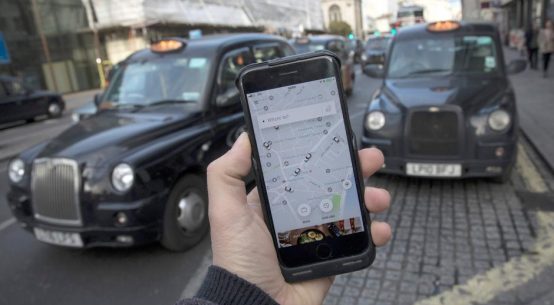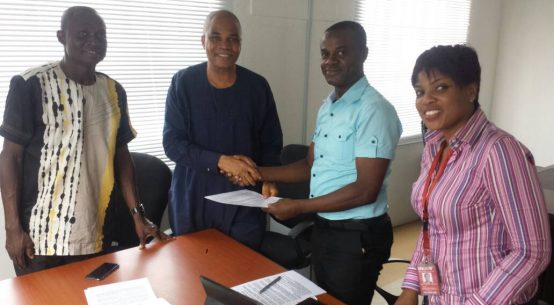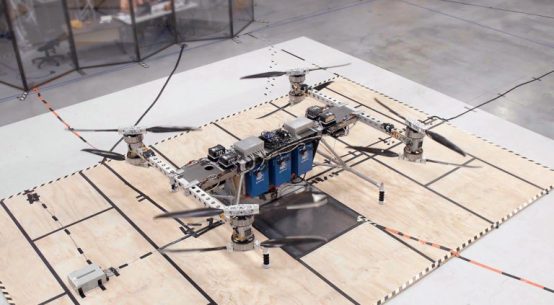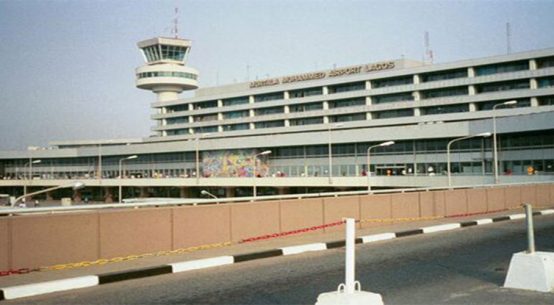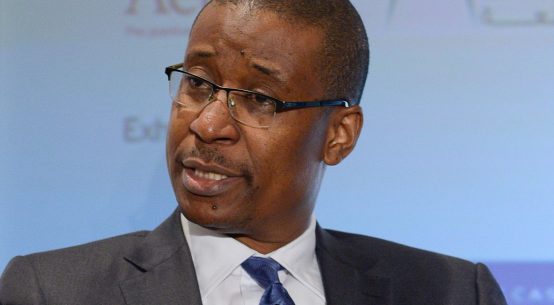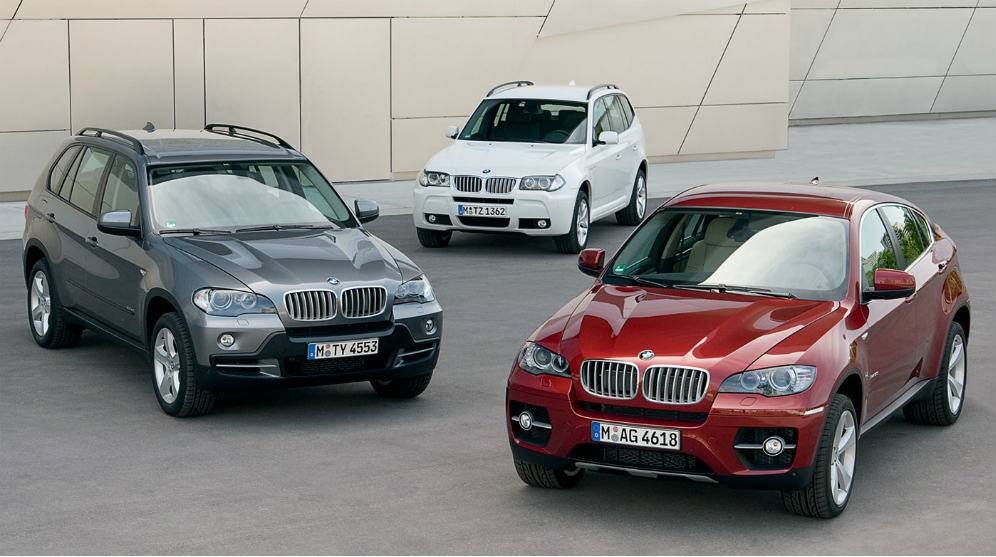
Prices of brand new vehicles sold in Nigeria have risen by more than 200 percent between 2014 and 2017 and are now out of the reach most individuals and corporate buyers who need them for their business.
The significant rise in the prices of brand new vehicles has been blamed largely on the bogus auto policy, which raised import duty on cars to 35 percent in addition to a 35 percent levy, amounting to 70 percent, as well as a weaker naira. Analysts say the policy automatically raises the prices of cars by 70 percent, pricing out the middle-class and other low-income earners in need of mobility. Added to this, is the weaker exchange rate of the naira that is compounded by the increase in duties and levies on imported new vehicles.
According to industry watchers, the 70 percent increase in taxes on imported new vehicles, along with the 86 percent fall in exchange rate of the naira from N196 to the dollar, to relative stability at N365 in recent times, including other incidental expenses at the ports and company overhead costs, have combined to force prices of vehicles northwards. Many individuals who can no longer afford the new cars have resorted to maintaining their old cars for extended periods of time, even as prospects of workable financing schemes remain unavailable. Many banks accustomed to changing cars for top executives every four years have suspended the practice, due to the high cost of procuring the new vehicles.
The impact has been seen in a sharp drop in the sale of new vehicles in the country, resulting in the closure of many car dealerships and the consequent loss of jobs.
The Federal Government had in 2013 increased the duties and levies on imported new vehicles, to encourage local auto assemblers through some incentives under the 2013-2023 National Automotive Industrial Development Plan (NAIDP) as supervised by the National Automotive Design and Development Council (NADDC).
A sample list of car prices from the Koreans, Japanese and German manufacturers, which come in various engine capacities across model ranges, exclusively obtained by BusinessDay, showed that prices have more than doubled between 2014 and 2017.
In 2014, a brand new Kia Cerato 1.6 liter automatic transmission saloon car sold for N3.96 million but now costs N9.54 million in 2017, while a Kia Picanto 1-liter engine capacity, which cost N2.25m three years ago, is now sold for N4.95 million in 2017.Toyota Corolla 1.6 liter GLI automatic transmission fabric sold for N4.45 million three years ago, now costs N18.9 million.
In the same period, a Mercedes-Benz C200 luxury sedan, which was sold with a dealership price tag of N10.5 million, costs N25 million in 2017, while a Mercedes G63AMG model which previously sold at N50 million, presently wears a price tag of N78 million.
This shows a price jump of over 100 percent and this applies to other brands of vehicles in the market, apart from those manufactured in Korea, Japan or Germany.
According to Kunle Ade-Ojo, Managing Director/CEO, Toyota Nigeria Limited, the rise in vehicle prices is majorly due to the unfavorable exchange rate of the naira. Mr. Ade-Ojo explained that as the dollar is scarce, so also is the naira pretty much scarce and that bank’s interest rates have gone up. “Even though the exchange rate has moderated from a high of about N520 to the dollar at a very critical period and trading at about N366 to the dollar and below, from the end of 2016 to 2017, it is still not available.”
Ade-Ojo estimated that the country’s auto industry is expected to import and sell between 8,000 and 10,000 new vehicles this year, which is lower than the 15,000 projected at the end of last year.
The forecast, Ade-Ojo said, was based on the industry’s performance in the first quarter of 2017, adding that at the end of the first quarter of 2017, total import figures in the nation’s automobile industry, from the nation’s ports, came to about 350 units, compared to about 3,500 units that came in at the same period last year. He said with this statistics, “imports dropped by about 90 percent between 2016 and 2017 first quarter.
“In terms of retail sales, we are estimating, based on the information we have, that the auto market did about 2,000 vehicles, compared to about 5,000 vehicles that were done in the first quarter of 2015, a drop of over 50 percent in retail sales.
“Passenger cars reduced more than commercial cars and of course, when you look at the duties on passenger cars also at 70 percent, compared to 35 percent for commercial, the impact is more on passenger vehicles.”
Retail sales went from about 32,000 in 2015 to about 18,000 last year, representing a market drop of about 42 percent.
While giving the status of the implementation report of the NAIDP between October 2013 and June 2017 at a recent stakeholders meeting involving local auto assemblers and other stakeholders in Lagos recently, Luqman Mamudu, Director of Policy & Planning, National Automotive Design & Development Council (NADDC) revealed that the automotive policy is seeing tremendous progress, despite doubts in some quarters and that soon, Nigerians will begin to see positive result.
He disclosed that at the inception of the automotive policy in 2013, the number of approved local assemblers by the NADDC was 11 companies and grew to 53 companies in 2017.
Production capacity rose from 108,380 units in 2013 to 408,870 units in 2017. Actual production size increased from 1665 in 2013; 4776 in 2014; 11,332 in 2015 and started witnessing a drop from to 11, 332 in 2015 to 10,673 in 2016 and 8,473 in 2017.
Reacting on the astronomical jump in prices of new vehicles, Olawale Jimoh, Marketing Manager, Kia Motors Nigeria Limited, stated that for over two years now, the steady increase in the prices of cars in Nigeria has been misconstrued by some industry followers.
He argued that the local assembly of cars will invariably bring a new dawn that will result in affordable “Made in Nigeria”cars. That expectation should ideally not be out of place if Nigeria’s economy over the years has been stable.
He lamented that with the fast depreciation in the value of the naira, prices of cars have increased by more than 100 percent, which may still not totally compensate for the drop in the value of the naira.
Jimoh lamented that at this stage of the country’s auto development, assembly plants still import SKD kits to assemble, on account of the dearth of component manufacturers in the country, among the interplay of other factors.
Source: Business Day



